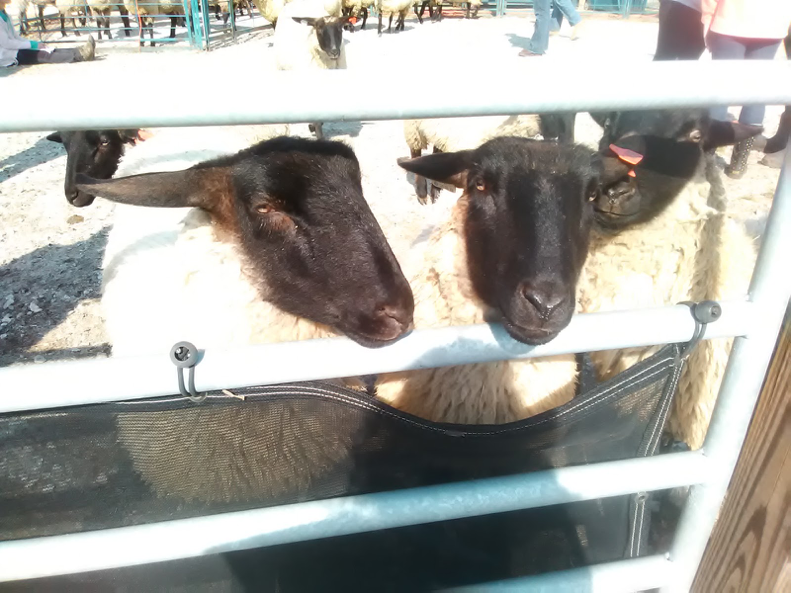Clemson University professor and researcher Dr. Susan Duckett enjoys working with animals, particularly sheep. Duckett is researching how fescue grass, the most common grass type in the Southern United States, impacts the development of livestock with sheep as her experimental model.
“Fescue grows well and is relatively cheap,” said Duckett, “The animals like it and it is a practical option.”
While it may be hard to imagine a peaceful field of grass causing the animals any harm, it is the fungus the grass harbors, called ergot, that causes damage in areas from growth to reproduction and general performance.
Duckett analyzes the sheep from birth to adulthood at each developmental milestone to watch for changes and problems in the animals. Ergot itself is beneficial for the grass’s growth, but does not help the animal.
By performing keep cull sessions at the Sheep Farm, Duckett judges and ranks the sheep to decide which ones would be kept for breeding stock and which would be sold at the end of the season based on overall form and health.
“I have my own sheep herd, and I was making certain observations about developmental and health problems. I wanted to investigate further into why this was happening and how I could potentially fix it,” said Duckett in response to how she got involved in this research.
The project is funded by the US Department of Agriculture (USDA). Sheep were chosen for the study because, according to Duckett, they are an easy animal to study and work with of their predictability as well as their gentle nature.
The sheep used are Suffolks. They have black faces with little to no wool on the face and legs. The problem with sheep, however, is their intense herd mentality, leading to the assumption that they are unintelligent.
“We feed ewes with contaminated grass and wait to see developmental effects in the birthed lambs,” Duckett said, “The next round of lambs will be here in April, prime lambing season. Our students are on call 24/7 then to help with birthing.”
Developmental problems are physiologically caused by vasoconstriction due to the ergot poisoning. Vasoconstriction is the narrowing of blood vessels, which decreases blood flow to the developing fetus.
One of Duckett’s graduate students is working to find a solution to vasoconstriction. Her work involves one sheep group receiving a citrulline drenching in the oral cavity each morning, and a control group getting a water drench.
Citrulline itself is an amino acid, the building blocks of proteins. It is a precursor substance to arginine, which is another amino acid. Unfortunately, arginine does not survive well in the rumen, the first chamber of the sheep stomach, where the material commonly known as cud comes from. Arginine causes vasodilation, which is desirable for balancing out the ergot induced constriction. However, since the arginine does not survive, it must be replaced with citrulline.
The research has potentially long reaching effects in not just other livestock, but humans too. If a solution to the developmental problems can be found, we can also connect this back to humans with malnourished mothers and the problems their children have.








